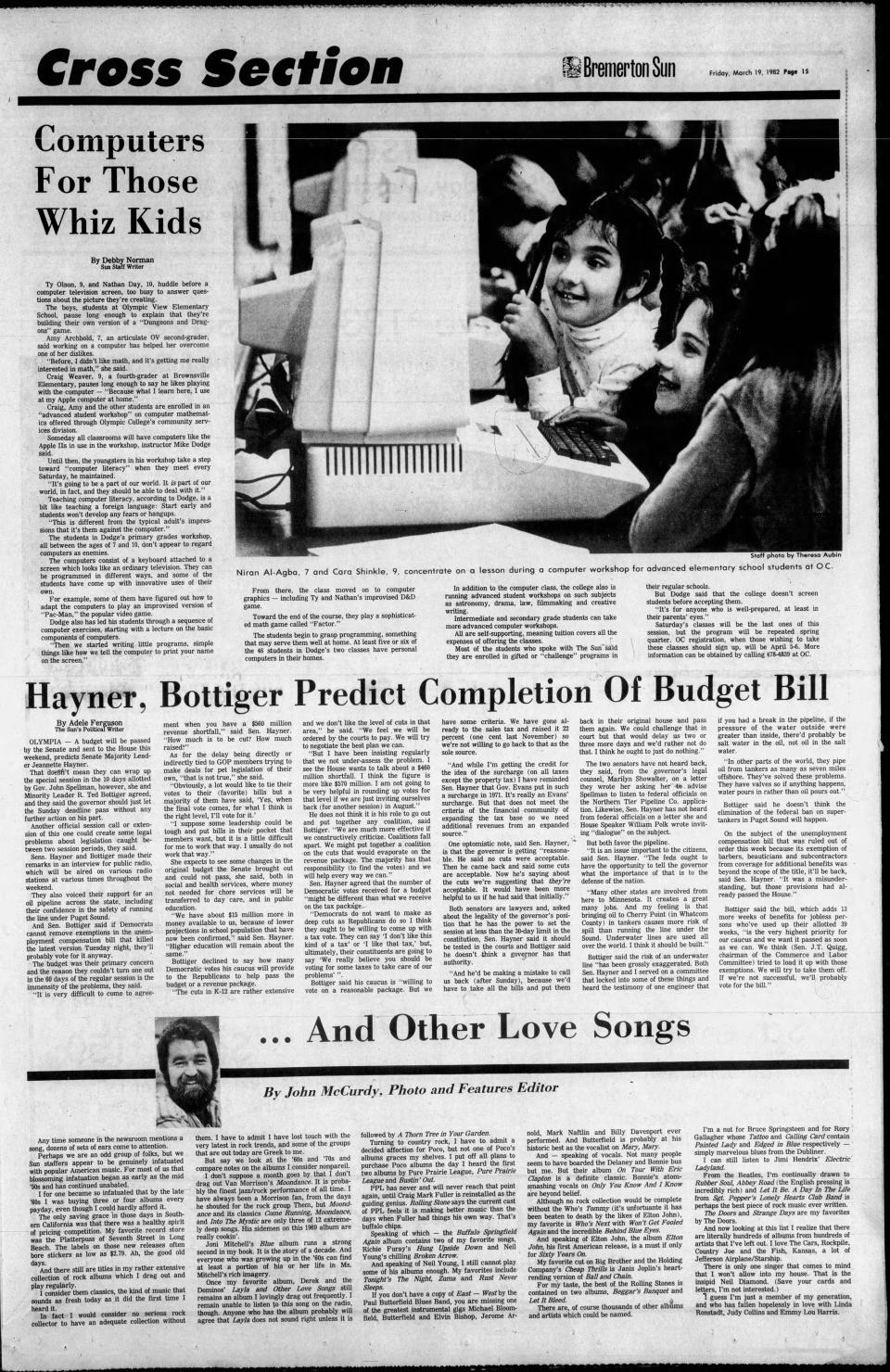Protecting the 'whiz kids' under our care
Steve Jobs would not let his children near his own creation, the iPad. Most technology chief executives admit to being strict about children’s screen time, banning all gadgets on school nights, and instituting time limits on weekend technology use. What should that tell us?
While studies are mixed regarding the impact of screen time on the brains of children and adolescents, we do know one thing: since the start of the pandemic, the time children spend on screens has increased considerably. A recent study, published in the Journal of the American Medical Association, reviewed the screen habits of 30,000 children aged 3 to 18 between Jan. 1, 2020, and March 5, 2022. Over that time period, screen time increased by 52 percent. Those researchers recommended educators and parents focus on fostering healthy device habits in our children, including regulating use, monitoring content, and using screens for creativity or connection. As a parent, and self-confessed technophobe, I find those recommendations challenging, but not quite in the way you might think.
Last Friday night, I received a phone call from the vice principal at Central Kitsap Middle School. The call was about my least favorite subject: the dreaded Chromebook. Apparently, one of my children, who shall remain nameless, got onto a restricted website. When I heard the word “restricted” I assumed that meant something wildly inappropriate, like pornography. It was not pornography. The restricted content was an award-winning coding application, described by Wikipedia as “an educational video game for learning software programming concepts and languages.” The application was recognized by the College Board as a valued curriculum to learn the fundamentals of computer science and coding languages, like JavaScript, Python and HTML.
CKSD internet policy forbids students from downloading applications, games, or operating systems onto their Chromebooks. During our conversation, the vice principal suggested checking all my children’s computers and deleting this application. Of course, I did that. However, I was still scratching my head about how an educational program could be harmful. So I did what any self-respecting, slightly tech-illiterate parent would. I asked my children to explain what I was missing.
One my children sat down with me and walked me through it. Downloading the app for the coding program allows a child to open a new Google browser and bypass the restrictions put in place by the CKSD to prevent children from playing video games during class. To make matters worse, once a student bypasses the system used by the district to restrict access to certain websites, known as GoGuardian, a teacher cannot track all the activity of that student. Of course, that CKSD policy certainly makes a lot more sense to me now than it did before. But I realized how much I have buried my head in the sand about screen time at school.
The truth is I hate Chromebooks. I see them as another obstacle for me to manage when I get home in the evening, after finishing household chores and running children to and from their sports activities. I would like to chuck the Chromebooks out the window. In fact, last summer, I removed them from our home entirely, by sending them to my mother’s house. It was a glorious break. My children played outside. We played cards many evenings, including euchre, poker and hearts. Our family trips involved singing show tunes and having conversations about politics, life, and every other topic under the sun. I loved it. And despite their complaints of boredom, my children loved it too. Most importantly, they got used to it.
It is hard for me to believe I would feel this way about a computer. Ironically, the first time my picture was published in the Bremerton Sun, I was staring at a computer screen at Olympic College. It was March 19, 1982. I was 7 years old. I was taking a class with other children my age to learn about computers and the Sun wrote an article about us, “Computers for those whiz kids.”

But it took a long time until screens became part of everyday life. I sent my first email during my senior year of college. There was a green cursor on a black screen. I did not get my first cell phone until after I was a practicing physician. I still do not use an electronic medical record system in my office. I prefer paper charts — and looking my patient in the eye.
In truth, few aspects of my children’s education mirror my own more than 30 years ago. But that does not mean I cannot learn, grow, and change. I thought banning screens on school nights and regulating screen time on weekends — like Steve Jobs did with his children — was enough to keep them safe. I was wrong. Since the school called, I have started paying closer attention. While I still plan to send the Chromebooks away to my mother’s house next summer, I am grateful to the Central Kitsap School District (and all our local districts) for doing their part to keep our children safe. Protecting them is not as easy as it might seem.
Dr. Niran Al-Agba is a pediatrician in Silverdale and writes a regular opinion column for the Kitsap Sun. Contact her at niranalagba@gmail.com.
This article originally appeared on Kitsap Sun: Protecting the 'whiz kids' in a digital age so unlike my own

